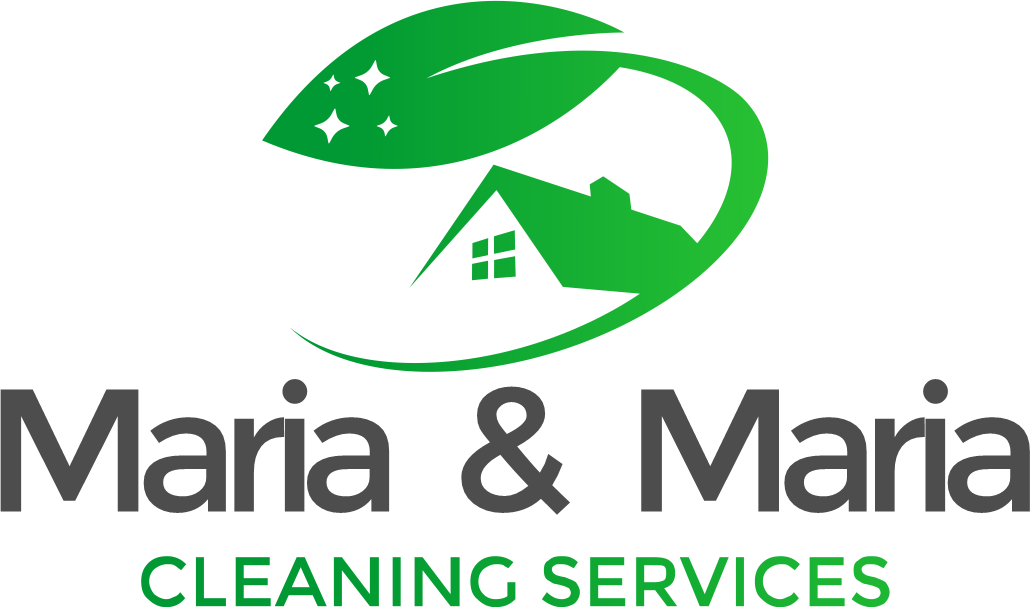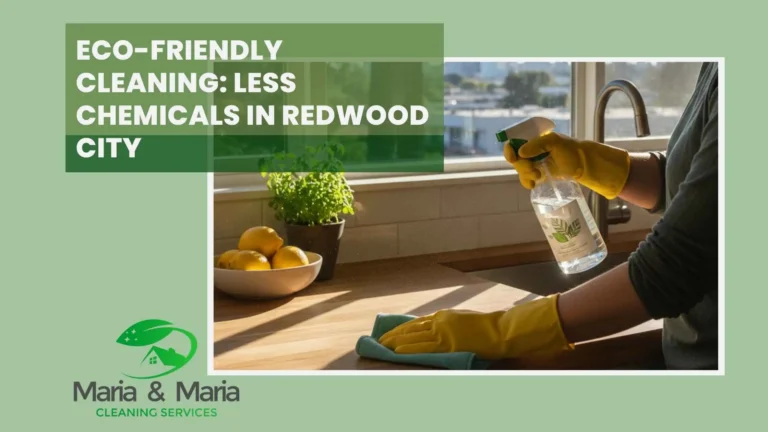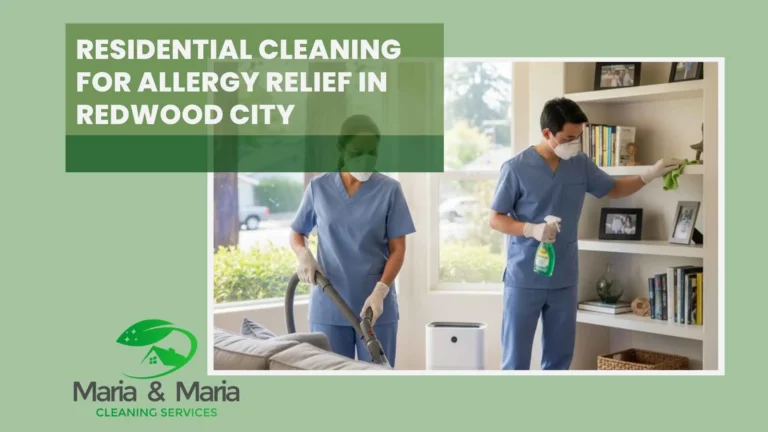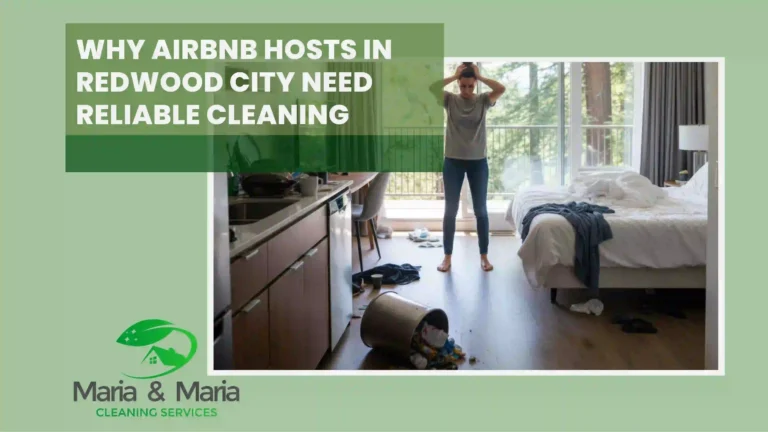In today’s world, more homeowners and businesses are questioning what’s lurking in their cleaning supplies. The debate between eco-friendly cleaning products and traditional chemical cleaners has become central in discussions about health, sustainability, and performance. But which is truly more effective? Let’s explore the strengths and weaknesses of both to help you make an informed choice.
Understanding Eco-Friendly Cleaning Products
Eco-friendly cleaning products are typically made from plant-based ingredients, essential oils, and biodegradable compounds. Their primary goal is to minimize harm to the environment and reduce exposure to harsh chemicals in homes and workplaces.
Benefits of eco-friendly cleaning products:
- Safer indoor air quality: They release fewer volatile organic compounds (VOCs) than traditional products.
- Non-toxic ingredients: Reduce health risks like skin irritation, asthma, and allergies.
- Sustainable packaging: Many eco brands use recyclable or compostable containers.
- Environmental protection: Ingredients often biodegrade, keeping waterways cleaner.
Traditional Cleaning Products: Why Many Still Prefer Them
Traditional cleaners often contain bleach, ammonia, or synthetic fragrances. These chemicals are powerful at killing germs, removing tough stains, and disinfecting high-touch surfaces.
Benefits of traditional cleaning products:
- Strong disinfecting power: Effective against bacteria, viruses, and fungi.
- Quick results: Remove tough grime and stains quickly.
- Widely available: Large selection in most grocery or hardware stores.

Effectiveness: Head-to-Head Comparison
1. Disinfecting and germ removal
Traditional products, such as bleach and disinfectant sprays, excel at killing bacteria and viruses. This makes them ideal for bathrooms, kitchens, or during outbreaks like flu season. Some eco-friendly options can disinfect, but they may need longer contact time to achieve the same effect.
2. Tackling tough stains and grime
Heavy-duty degreasers or chemical scrubbing powders often outperform natural alternatives like vinegar or baking soda on stubborn grime. For deep cleaning of oven interiors or greasy stovetops, traditional cleaners usually win.
3. Daily cleaning tasks
For general dusting, wiping counters, or mopping floors, eco-friendly products can be equally effective. Most dirt in daily cleaning is surface-level, so harsh chemicals aren’t always necessary.
4. Long-term impact
Over time, the harsh chemicals in traditional cleaners can wear down surfaces like marble, wood, and natural stone. Eco-friendly products are usually gentler, helping to preserve finishes and materials.
Cost Considerations
While eco products sometimes seem pricier upfront, the cost difference has narrowed as demand has grown. Plus, you can make many natural cleaners at home using ingredients like baking soda, vinegar, and lemon juice.
Health and Environmental Impact
Traditional products are linked to indoor air pollution, allergies, and sometimes more serious health issues. Children and pets, who spend more time close to floors and surfaces, are especially vulnerable.
Eco-friendly cleaners significantly reduce exposure to harmful chemicals, improving indoor air quality. They’re also better for outdoor ecosystems, as their biodegradable ingredients break down without harming waterways or wildlife.
When Should You Use Each Type?
Go eco-friendly when:
- Doing everyday surface cleaning.
- Cleaning areas used by children or pets.
- Maintaining delicate surfaces.
Use traditional cleaners when:
- Disinfecting after illness.
- Tackling mold or mildew in damp areas.
- Removing stubborn stains that natural alternatives can’t handle.
The Future: Hybrid Cleaning
Many homes now keep both eco and traditional cleaners. For everyday maintenance, eco-friendly solutions do the job well. For high-risk or deeply soiled areas, a traditional cleaner can help ensure thorough sanitation.
Tips for Choosing Wisely
- Read labels: Check for certifications like EPA Safer Choice, EcoLogo, or Green Seal.
- Limit bleach and ammonia: Reserve them for cases that truly need strong disinfection.
- Try concentrated eco products: They last longer and reduce packaging waste.

Conclusion: Balance is Key
When it comes to eco vs traditional cleaning products, there isn’t a single answer that fits everyone. Eco-friendly cleaners can handle most daily cleaning needs safely and sustainably. Traditional products still have a role when powerful disinfection is necessary.
By understanding when and how to use each, you can keep your home clean while protecting your family’s health and the environment. Contact us today!





